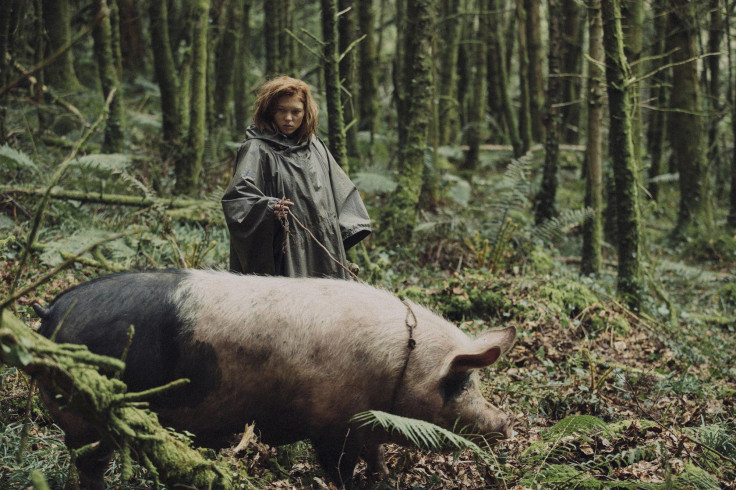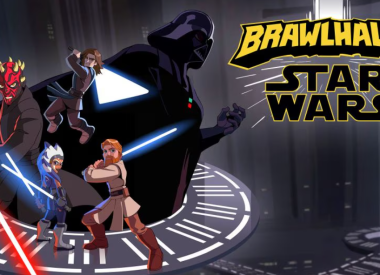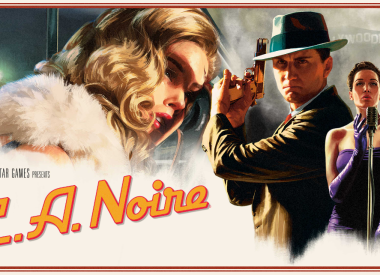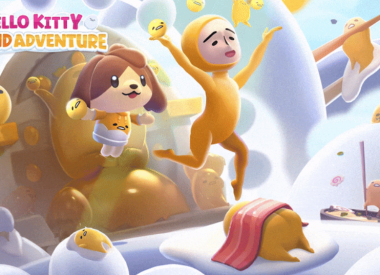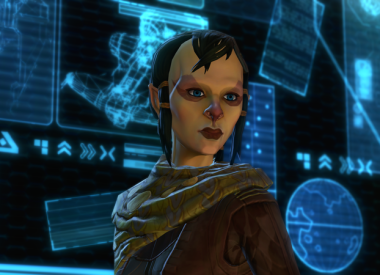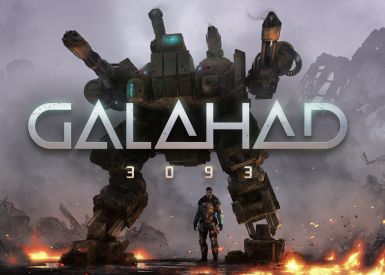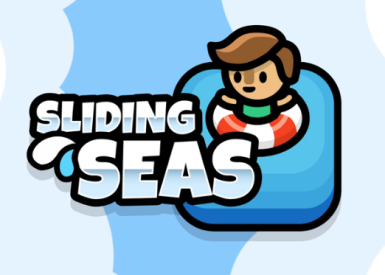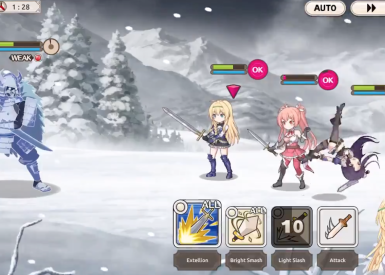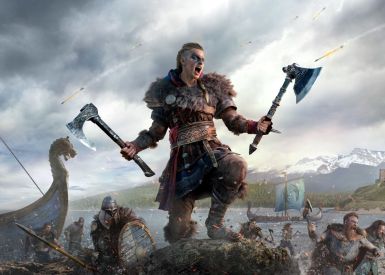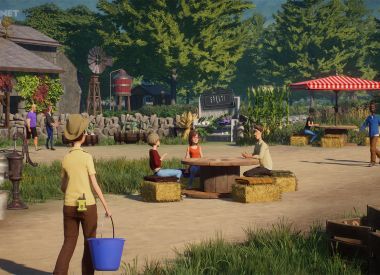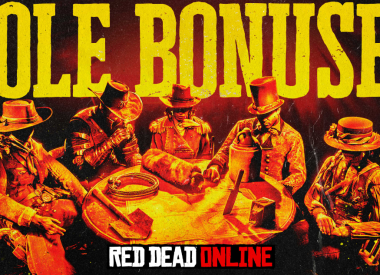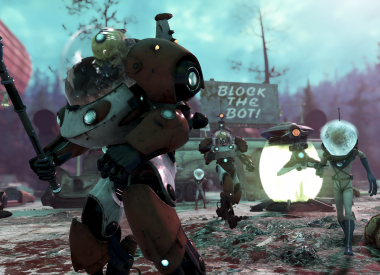The Lobster is not the type of movie we’re used to seeing in English. Europe, with its wealth of fascisms, communisms, anarchisms and monarchisms has always been a roiling cauldron of bureaucratic dark magic. And whenever people are reduced to data points in a heartless society distinctly nihilistic art like A Report on the Party and the Guests and The Discreet Charm of the Bourgeoisie bubble up between the cracks. But what happens when oppression comes from our own need for emotional fulfillment?
Now seated for THE LOBSTER. #FantasticFest2015 officially begins. pic.twitter.com/4NOepN77Vb
— Jacob Knight (@JacobQKnight) September 24, 2015The Lobster is about a totalitarian future where you have no choice but to find companionship. Fail to form a durable relationship and you get turned into an animal.
The Lobster Trailer
Colin Farrell leads as David, with a perfect, near affectless, vulnerable, doughy performance that slumps away from the spotlight. It’s the opposite of the big, showy scenery-chewing we so often call “brave,” but genuinely memorable. The resort is run by Olivia Colman’s hotel manager, who cajoles people together with group bonding and veiled, sermonizing threats. While David does his best, he soon find himself in a desperate situation, forced into the woods where only single people hide and live for themselves (and dance alone to electronic music).
Each half of The Lobster’s world has its horrors. All of its society is a deadpan reflection of our most base fears about love and loneliness. This can come out in ways both complex and comic, from the need for people to find common ground (“ I have this limp. It’s also my defining characteristic.”) to jokes that could come from a bizarro Everybody Loves Raymond (“If you have any problems you will be assigned children, that usually helps.”). Away from the resort—as David finds love (with Rachel Weisz, whose own deadpan perfection is first introduced as narration) in an anarchic wilderness society that insists on solitary living—opposite anxieties are voiced, from David’s inability to reach the small of his back to fear of dying alone.
The animal element of The Lobster may be the most brain-tickling aspect of the movie to describe, but it plays a relatively small role in the plot. The Lobster is not transhumanist sci-fi. The possibility of being turned into an animal is mostly played for laughs, especially as you begin to realize that every single animal on the planet is a transformed human, redistributing camels and flamingos and peacocks at random across the Anglo-pastoral landscapes. Instead the possibility of being transformed into an animal is more about the fear that losing our ability to interact socially also signals a loss of our human identity.
The Lobster is beautiful and intelligence and it’s just perfect in every way that you could want from an absurdist European comedy. But whereas director Yorgos Lanthimos’ breakout movie Dogtooth was a spiteful, nasty little thing, The Lobster is too gentle to shake you. I watched an old woman shake and scream with anger at Yorgos Lanthimos after Dogtooth. It’s hard to imagine The Lobster eliciting the same reaction from anyone. Despite bringing much of Dogtooth’s keen, deadpan bloodiness The Lobster is just too lovable and funny to have too much of a snarl.
I like The Lobster better than actual lobster.
— Sam Adams (@SamuelAAdams) September 26, 2015In this The Lobster may be the gentlest encapsulation of Euro-nihilism ever made. We are damned by our own rules, constrained by everything that the world insists will make us happy. Emotional bureaucracy surrounds and enfolds us. But it’s not an impersonal evil because we do it to ourselves, policing each other’s happiness with every disapproving glare. Still, The Lobster argues for love anyway, whatever horrific burdens it may put upon us.
The Lobster screened at the 2015 Fantastic Fest and will be out in theaters this year.

